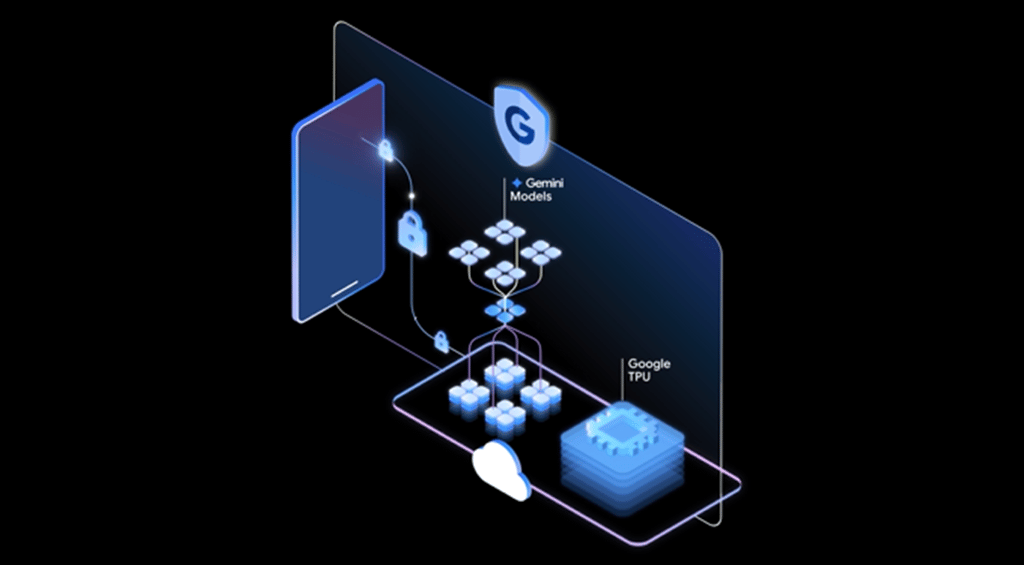Datamation content and product recommendations are
editorially independent. We may make money when you click on links
to our partners.
Learn More
IBM recently spoke to their partnership with JSR and how they were applying their extensive knowledge of quantum computing to address real-world problems.
They again highlighted that there is a subset of important problems appropriate for quantum computing and that it will likely be a blend of traditional computers coupled with quantum computers that will collectively define the computing restructure of the future.
Let’s look at quantum computing as IBM takes another big step toward this revolutionary technology:
Where quantum computing works
The best projects for any unique computing platform are those that make the best use of what makes that computing platform unique. In that regard, there are four areas where quantum computing would seem to be able to make a significant unique contribution.
The first is simulating nature. Nature is incredibly complex with interdependent components in massive numbers that make accurate weather forecasting even hours in advance relatively impossible. But quantum computing can digest huge amounts of data over short periods of time, operating at a level of parallelism that traditional computers just can’t match, potentially filling data gaps in ways that don’t compromise the results. This application will undoubtedly be instrumental in identifying the best paths to addressing complex issues, like climate change and predicting when weather catastrophes are likely to hit.
The second application is intricate mathematical models and data structures. Particularly tied to machine learning (ML) constructs and efforts to factor, rank, or even classify symmetric groups at scale, quantum computers would seem to have a significant advantage in both speed and accuracy.
IBM identified a category of “other” that represented complex problems where quantum computing could perform the role of accelerator for the parts of these complex problems that lend themselves to what only a quantum computer can do.
Finally, quantum computers should have a huge advantage regarding sampling types of population analysis, being able to analyze far larger samples far more quickly, potentially increasing both the speed and accuracy of the related effort.
Commercial enterprise focus
IBM’s focus for quantum computing is the commercial enterprise and has identified several potential markets for the technology. These markets include aerospace, automotive (autonomous drive mapping), aircraft flight route optimizations, fluid dynamics analyses, materials development, financial services, portfolio optimization, risk management and market simulation. Sampling is also used for system automation, risk management, market simulation, and to combat fraud and money laundering where high-performance computers are already making a huge difference.
JSR, which was the partner identified during the call, is using quantum computing to significantly improve photolithography, which is used extensively to pattern substrates for modern electronics, sensors, and microfluidics. This could have broad implications for future technological development efforts and would be instrumental in increasing the potential for revolutionary new technology products and programs. Targeted at material discovery, the use of this technology could address huge global problems, like technology shortages and battery inefficiencies, and help found a new age of industrial and personal electronics so improved that we’ll have a hard time believing we ever worked with anything else.
These efforts, when used appropriately and in concert, could be instrumental in identifying medicines and cures for the most difficult of diseases, new materials and power sources to expand space and ocean exploration, and new classes of electronics that could allow us to better enjoy recent constructs like the metaverse.
In short, when quantum advantage is achieved, it will revolutionize everything from medical research to travel, creating a foundation for an amazing but very different new world.
Positioned for future
IBM has three things that are unique to the company. In Watson, it has the leading enterprise artificial intelligence (AI) platform. It also has a multicloud/secure cloud offering that can be trusted, and it has an aggressive program to create viable quantum computing solutions.
This kind of leadership is reminiscent of IBM’s earlier dominance in this segment. It showcases that IBM’s leadership, while executing very well in the present, is looking hard at the future and positioning IBM for a future that will be defined by AI and quantum computing.
In the end, IBM recently revealed its path to quantum advantage and how the company and its partners will be well prepared for that moment when quantum computing finally becomes production-ready.







